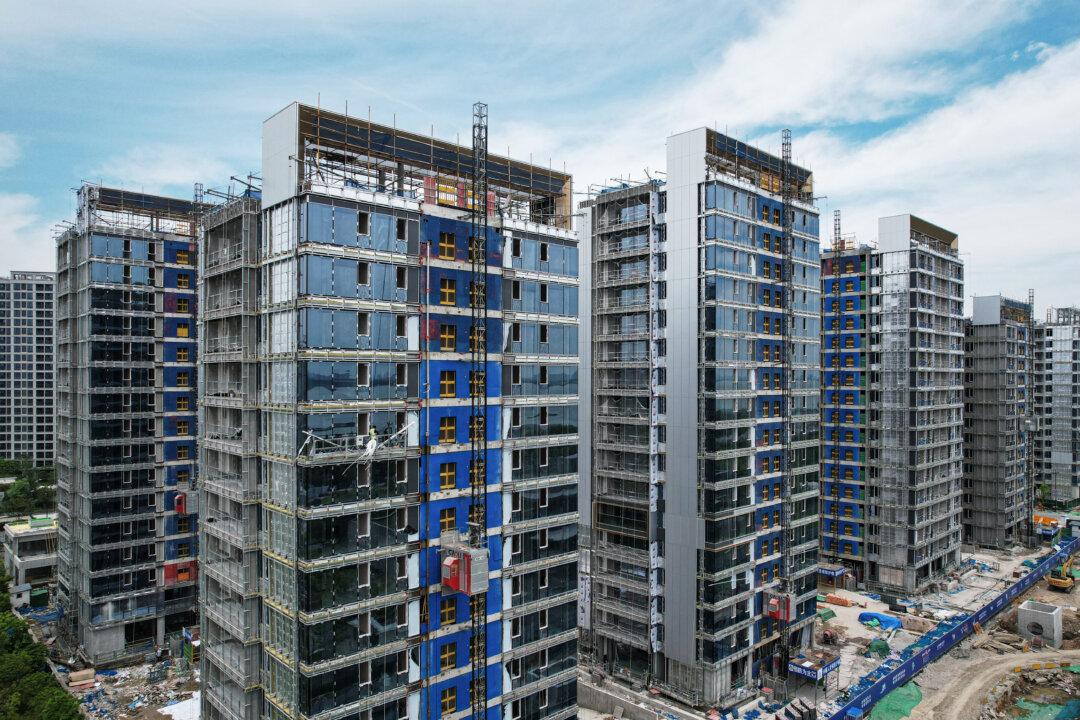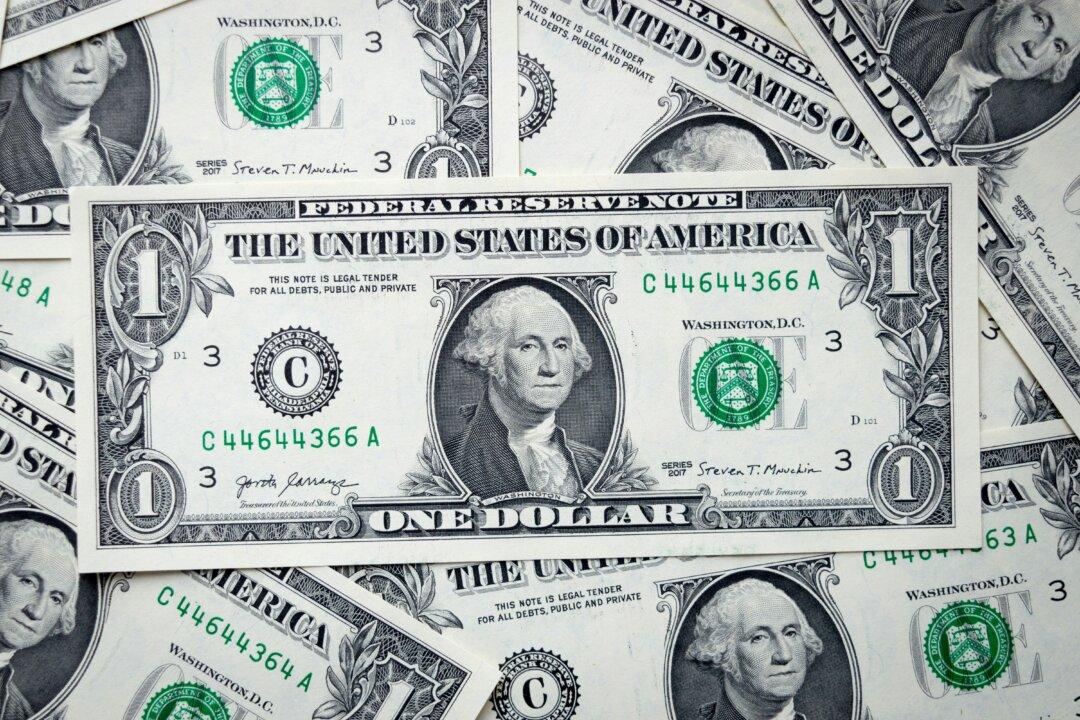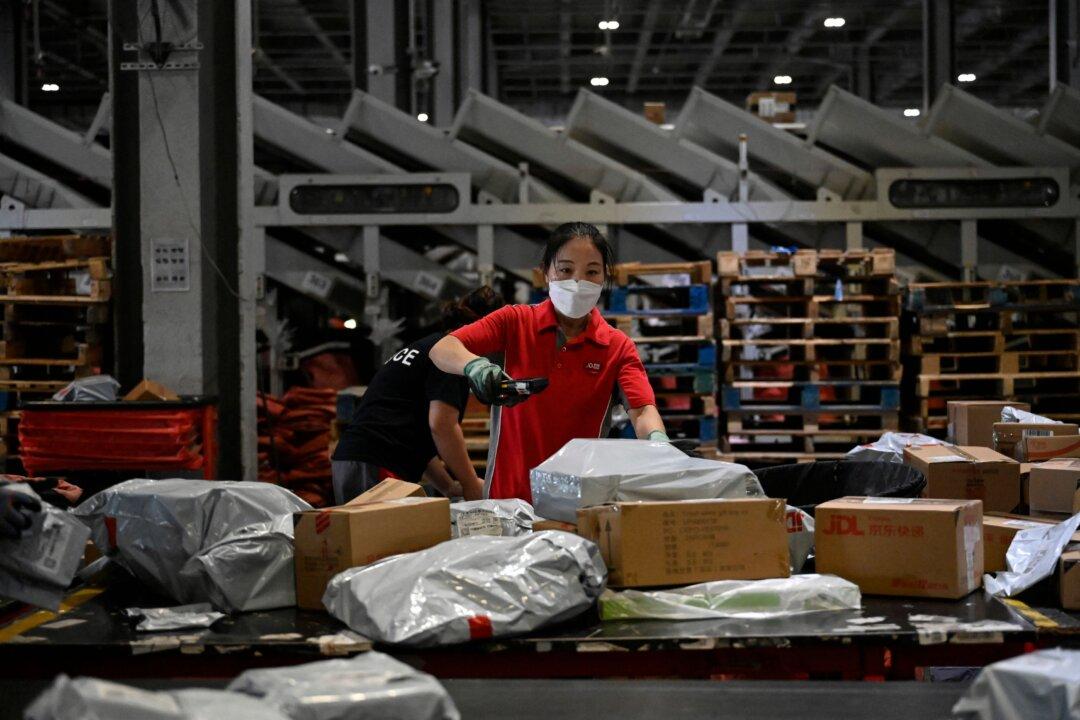News Analysis
Facing the nation’s deepest economic challenges in years, China’s leadership announced on Tuesday a GDP growth target of around 5 percent, the same as last year’s. However, experts have called it “ambitious” and warned it would be “more challenging” to meet.





